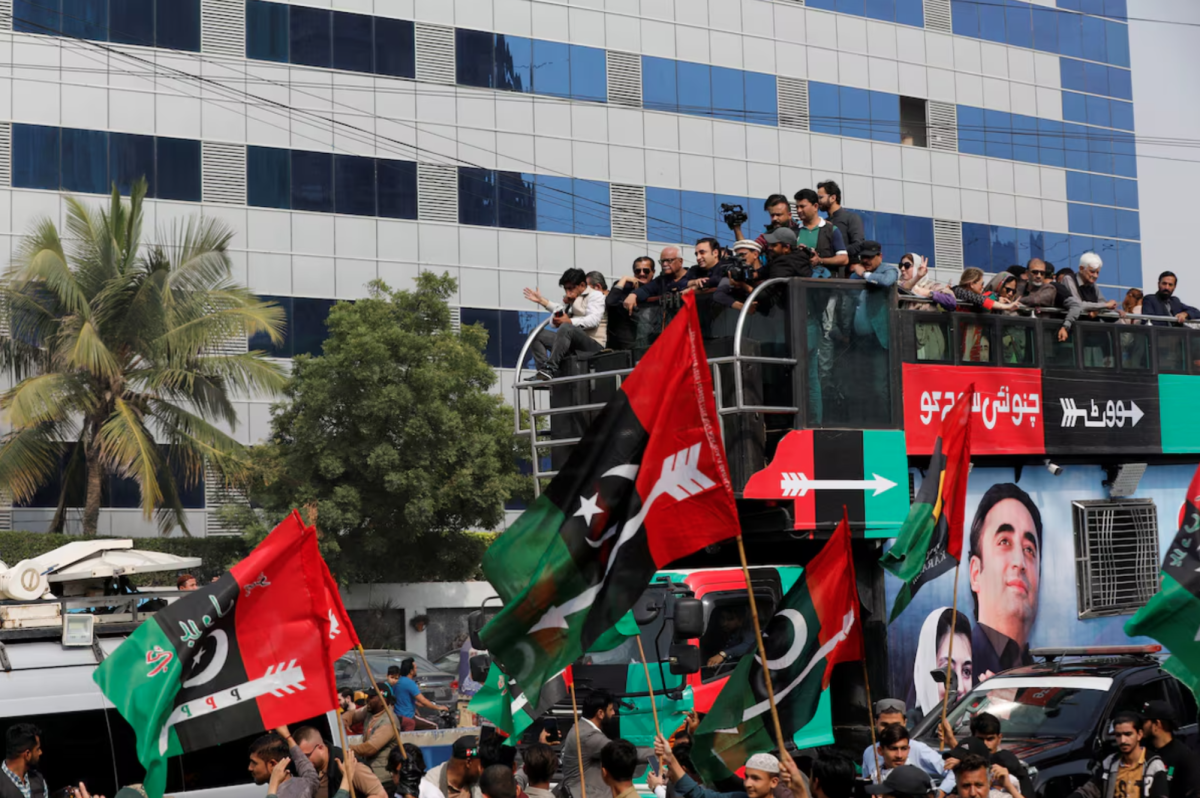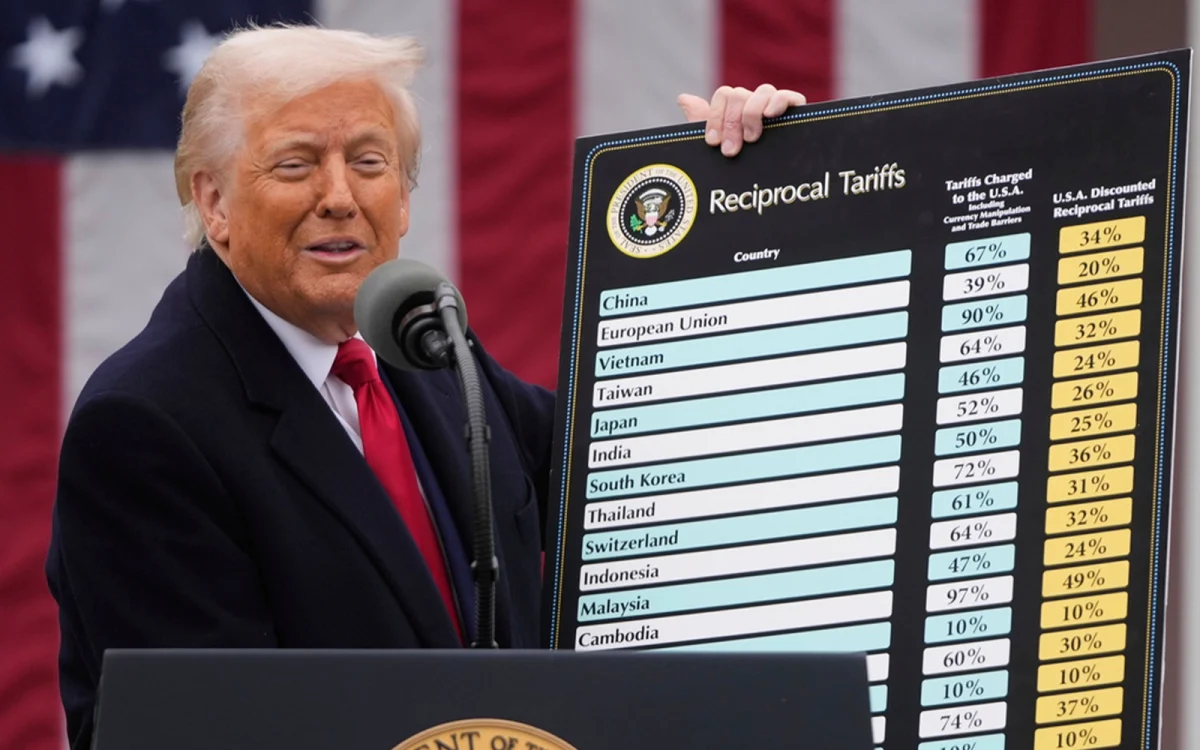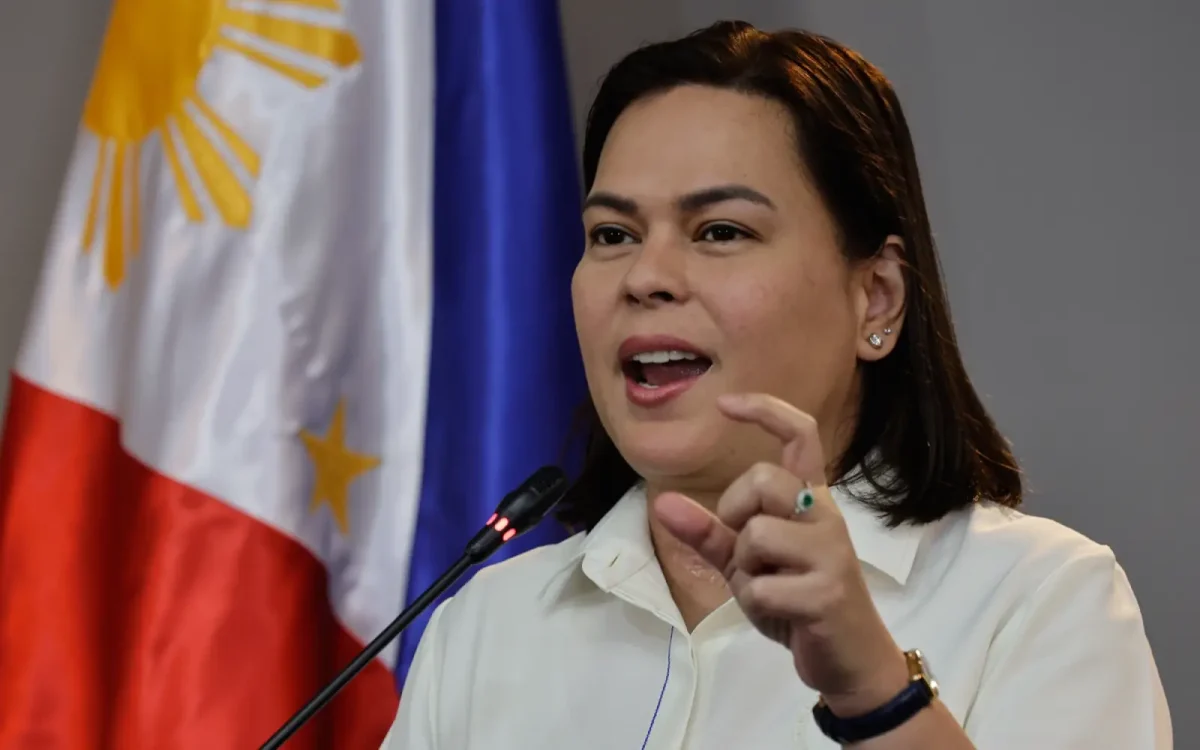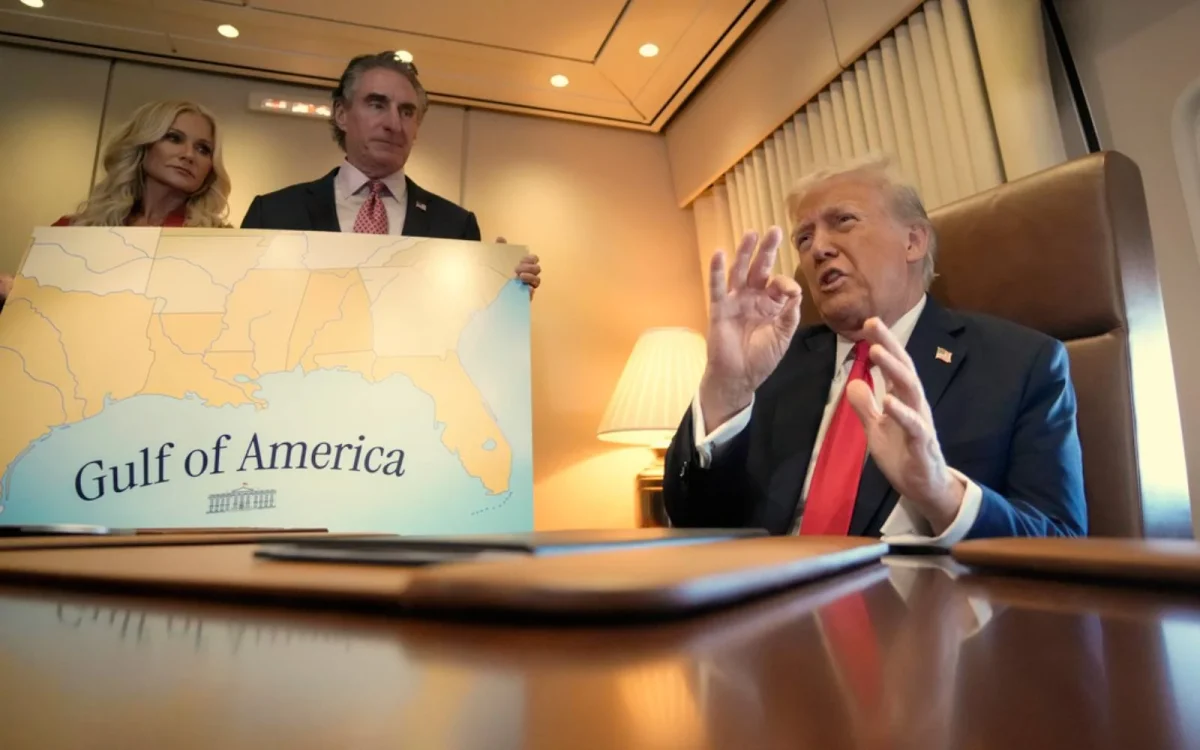Pakistan’s political state continues to be amidst controversy as the aftermath of the February 8 elections unfolds. The swearing-in ceremony of the newly elected members of the National Assembly on Thursday, February 29, was met with chaos and protests, highlighting the deep tensions surrounding the electoral process.
Pakistan has imposed a nationwide suspension of mobile phone services on election day, a move criticized by a digital rights group as “inherently undemocratic.” According to a statement from the Ministry of Interior on Thursday, the decision was made due to recent armed attacks resulting in “precious lives [lost],” necessitating security measures to maintain law and order to address potential threats.
NetBlocks director Alp Toker stated to AFP news agency, “The ongoing election day internet blackout in Pakistan is amongst the largest we have observed in any country in terms of severity and extent.” He added, “The practice is inherently undemocratic and is known to limit the work of independent election observers and cause irregularities in the voting process.”
After what was believed to be rigged, lawmakers from Prime Minister Imran Khan’s Pakistan Tehreek-e-Insaf (PTI) party chanted “Vote-thief!” as Shehbaz Saharif, who is expected to form the next government, made his entrance into parliament alongside his brother Nawaz Sharif, both former premiers.
Administered by outgoing National Assembly Speaker Raja Pervez Ashraf, the ceremony shed light upon the simmering tensions within Pakistani politics. With Shehbaz Sharif as the anticipated candidate for prime minister, he was facing only one final rival in the vote between senior leader Omar Ayub of Khan’s PTI.
Ayyub’s affiliation with the Sunni Ittehad Council revealed the complex nature of Pakistani politics, where alliances shift and legal maneuvering is common. Chants of “Long Live Sharif!” reverberated in the chamber as the Sharif brothers took their oaths, signaling the growing influence of their position within such political affairs.
However, the legitimacy of these elections remain a contentious issue, with allegations of widespread rigging overshadowing the democratic process. Gohar Ali Khan, head of PTI, unequivocally asserted, “Yes, the election has been rigged,” echoing sentiments reflected by many within the party.
The call for nationwide rallies by PTI reflects the deep grievances regarding the electoral process. Despite assurances from the Election Commission of Pakistan, accusations of tampering persist, worsened by claims of restricted freedom of expression and assembly by international observers.
The resignation of Hafiz Naeem ur Rehman, politician who won a provincial seat in Karachi, underscored the pervasive nature of the electoral process. Rehman’s decision to renounce his seat was based on his assertion that the election results were rigged in his favor, as stated by Reuters.
Amidst the political debates, the economic challenges facing the incoming government are significant. With a surge in militant attacks, energy shortages, and a faltering economy necessitating another IMF bailout, the incoming administration faces an uphill battle.
The emergence of Sharif’s Pakistan Muslim League party (PML-N) and the Pakistan People’s Party (PPP) of former President Asif Ali Zardari as the dominating forces in the 336-seat National Assembly casts a taunting shadow over the future trajectory of Pakistan’s politics. This alliance, under what the New York Post claims is “under a power-sharing formula,” lays the groundwork for Sharif’s party to throw its weight behind Zardari in the upcoming presidential elections, marking it as a strategic move that could reshape the political outcomes for years.
Prime Minister Imran Khan is currently serving jail sentences in various cases and is ineligible to hold any public office. He has been convicted on “charges of corruption, revealing official secrets and violating marriage laws in three separate verdicts and sentenced to concurrent prison terms of 10, 14 and 7 years,” as New York Post explains.
However, Khan claims that these cases are politically motivated attempts to prevent his return to power and is appealing all convictions. He is still to face around 170 legal proceedings on charges “ranging from corruption to inciting violence and terrorism.”
On Wednesday, February 28, Khan’s party, PTI, penned a letter to the IMF requesting a connection between discussions with Islamabad and an investigation into the alleged electoral fraud on February 8. This request comes as a large part of a bailout loan to Pakistan, nearing its release. The letter drew criticism from Khan’s rivals, like Sharif, who accused him of harming the country’s economy.
During his previous time as prime minister, Shehbaz Sharif– Khan’s successor following his removal in a “no-confidence vote in parliament in April 2022 — had struggled to avoid a default on foreign payments last summer when the IMF approved the much-awaited $3 billion,” as continued by the New York Post.
Sharif has indicated his intention to pursue a new IMF bailout once the current one expires at the end of March.







